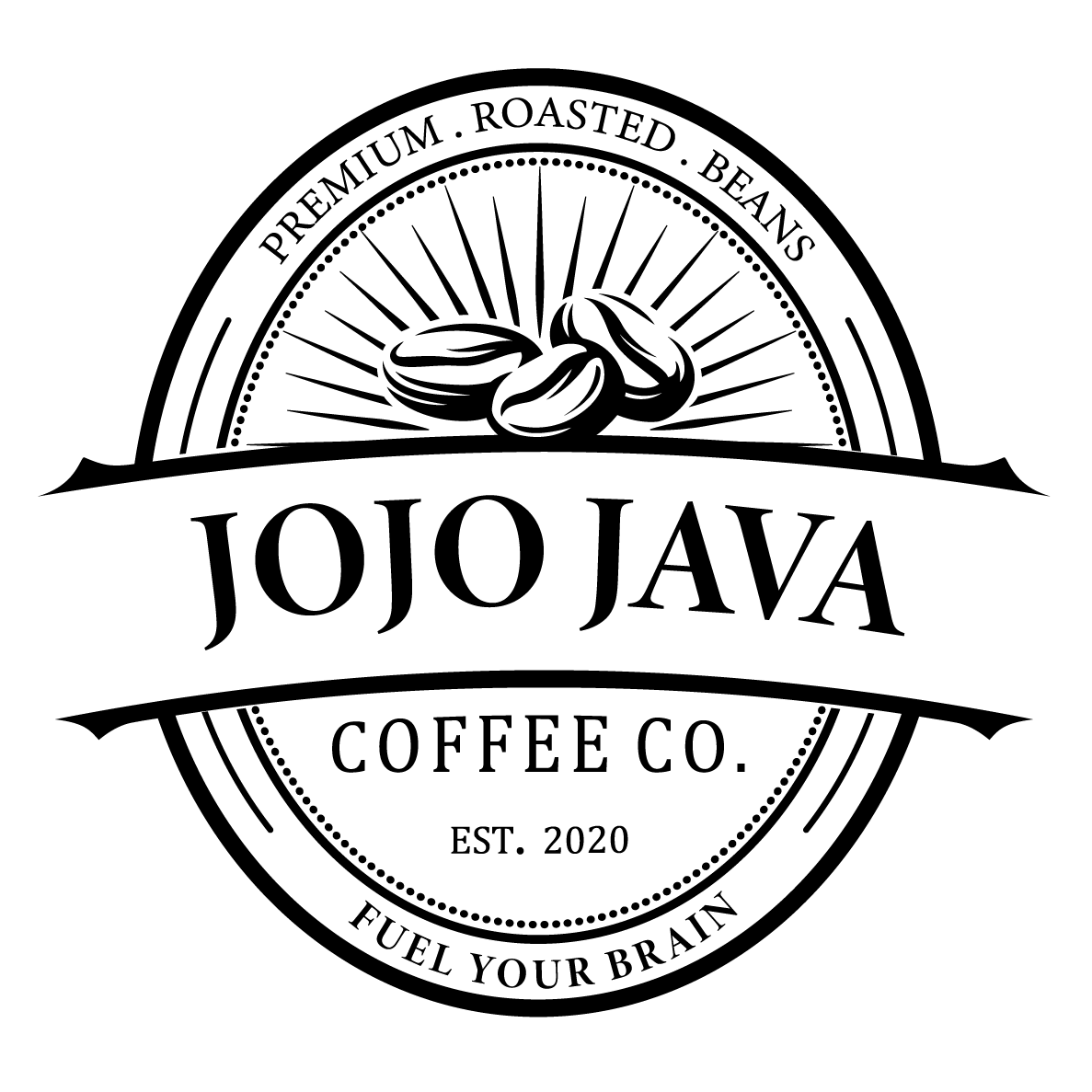We’re not trying to sound snobbish by any stretch, but does anyone use a standard automatic drip coffee maker anymore? They take up a sizeable chunk of counter space and tend to make pretty mediocre coffee. It doesn’t help that the coffee is typically brewed 12 cups at a time and gets less fresh with every minute it sits.
We’re in an age where there are some incredible ways to make coffee at home that go far beyond the quality and lack of convenience of the standard automatic drip coffee machine. We’re in an era of the most delicious single-serving coffee possible-- which brings us to why we’re here today.
You’ve now seen three brutal caffeine showdowns, each diving deep into a different facet of coffee... but we’re not done yet. In this article-- our fourth caffeine showdown-- we’re going to pit the different forms of quick brew coffee against one another in a battle royale.
Today we’re going to see which convenient coffee brewing method is the reigning champion between instant coffee, K-Cups, and the newest kid on the scene: frozen coffee cubes.
The gloves are coming off today, folks. Prepare yourselves… it’s going to be a bean bath.
Instant Coffee
Instant coffee generally has a pretty bad rap, so we really want to dive deep and give it a fair shake in this showdown. To understand where it stands, it’s important to understand how it’s created and how it’s intended to be prepared.
First, let’s give instant coffee its props: it was the first actual quick brew alternative to waiting for the slow drip of a classic coffee pot. So long before John Sylvan and Peter Dragone were building plumbing rigs for the first cumbersome Keurig, or before Matthew Roberts’ was freezing things in his attic to invent the Cometeer (more on that in the next part of the showdown), instant coffee was the only way to have a quick cup of joe without having to brew (and wait for) a whole pot.
When instant coffee is made, it starts the same way as any other coffee is created-- with roasting. Large batches of green coffee beans are roasted to a certain doneness (light, medium, or dark) and then ground. What makes the process of creating instant coffee different is that the grounds themselves are steeped on a large scale. From there the coffee is reduced to a sort of concentrate. This mixture gets thicker and thicker as all of the moisture is removed. The final step is the process of drying the coffee completely. The optimal method is often considered freeze-drying since it keeps the aroma and flavor locked in best.
The pros are that instant coffee is about as quick as adding the flash-frozen grounds to hot water and stirring-- but sadly, it pretty much ends there full stop.
The primary cons of instant coffee are that it tastes flatter than brewed coffee, and the caffeine content is often diminished. Instant coffee makers even try to use a specific bean that naturally has more caffeine so that when the freeze-drying process decreases it, a cup of instant coffee will still have the jolt you’re looking for. The issue with this is that the beans that contain a higher amount of caffeine (typically Robusta beans) cause the coffee to suffer in terms of flavor
So as you’re probably asking yourself: “If the flavor isn’t as good, and the caffeine content isn’t up to snuff, what’s the point of drinking this at all?” Honestly, we don’t have a great answer. Instant coffee tends to only be a good option when you have literally no other option (aside from not having coffee).
When it comes to this showdown, instant coffee is not getting us off to a strong start overall.
Frozen Coffee Cubes
This is the newest kid on the block when it comes to quick brew, single-serving coffee options. The company that’s leading the charge for frozen coffee cubes is Cometeer. Currently, they’re operating under a subscription-based coffee service with dark, medium, and light roasts available. But the main unique difference is that… they’re coffee is frozen.
So how does it size up to other quick brew methods?
Well, first, while the company seems to be brand new, their process has been in the works since as early as 2015 in Matthew Roberts’ attic. The goal of Cometeer is to use cryogenics to freeze coffee after brewing it to seal in the flavor.
Some pros are that their product is made sustainably, and all of their packaging is fully recyclable. After their brewing process, they compost all of the coffee grounds, and since there are no pods, there’s less trash and waste on the consumer side of things. The variety isn’t bad, and their products not only include coffee, but also iced coffee, lattes, and some other coffee-based drinks. Additionally, the capsules can be refrozen and if you plan on traveling, they’re approved by the TSA. In terms of price, you’re looking at an average of about $1.50 - $2.50 per cup of coffee. We will give them this: they are more flavorful than standard instant coffee overall.
Some of the biggest cons have to do with the fact that their service is subscription only, and they don’t offer any sort of free trial or the option to make a one-time purchase of their capsules. (To make this worse, they also don’t offer any sort of returns program either.) They are also only shipping to customers in the United States, and currently not offering any international shipping. Cometeer is also very new to the market, and is technically unproven at the moment on a lot of fronts.
We will give Cometeer (and their trademark frozen coffee cubes) some credit where credit is due: even though they’re essentially brand new, they’ve gotten more than fifteen thousand Instagram followers-- but more importantly, they’ve been featured by Food and Wine, Daily Coffee News, and Forbes. And while nothing can replace a proven track record over time, Cometeer is off to a solid start.
Overall with their product being largely unproven, and the flavor and quality not being a huge jump for the stringent subscription commitment, things aren’t looking that favorable for Cometeer-- but time will tell.
K-Cups
K-Cups are probably the most well-known (or at least well-loved) option on our list in this showdown. Keurig is the company that invented the K-Cup, and they’ve become a staple in our culture. It’s reported that more than 121 million households own a Keurig machine in the United States alone, and they’ve grown more popular each year with no signs of slowing down. But why? Because they’re convenient, and overall, don’t have bad flavor.
K-Cups work by taking ground coffee and sealing it into a plastic pod using nitrogen for freshness. When you make a cup of coffee using one of the Keurig K-Cups, a small, hollow needle punctures the pod, and then hot water courses over the grounds, giving you the delicious coffee that flows into your cup.
There are several pros to using K-Cups. For starters, you can find them almost anywhere, and there are copious flavors of all kinds that include things outside of coffee (like assortments of hot chocolates and tea). Additionally, K-Cups are one of the fastest brewing cups of coffee you can get, and for the speed, the flavor is actually quite good.
There are some cons when it comes to K-Cups. Some people say that the coffee it brews can often be a bit weaker than they’d like. Additionally, most of the K-Cups in the world are roasted by the same few roasteries for nearly every company out there selling them. This means that the K-Cups are created in large batches, and then various labels are slapped on them and they’re sold as different brands. This hurts the quality because the roasting is done in such large quantities that many of the boxes of K-Cups end up sitting in a warehouse growing stale until they’re needed for retail.
K-Cups are the front runner in the showdown so far, but not by much. (If you want to see something that will definitely surprise you about K-Cups, you have to finish the last part of this article.)
The Verdict of the Showdown
Now that we’ve looked at the differences between instant coffee, frozen coffee cubes, and K-Cups, it’s time to declare the winner of this showdown.
Instant Coffee: When you look at instant coffee’s pros and cons, it is essentially lacking all of the things that make coffee great. With its weak flavor and its lower caffeine content, the only thing it has going for it is its convenience. And with other options that are equally convenient and better tasting, instant coffee falls into last place.
Frozen Coffee Cubes: While these are intriguing, and the flavor seems to be pretty solid, the barrier to entry is pretty substantial since your only option at the moment is the subscription service from Cometeer. Overall, with this largely unproven company and the larger commitment, they fall just under K-Cups in terms of their place in the showdown.
K-Cups: K-Cups are accessible and easy to use, and their flavor is largely not bad overall. Being candid, average K-Cups are only slightly above frozen coffee cubes because they’ve proven themselves for many years, and there aren’t any steep commitments. So in this showdown, K-Cups inch above frozen coffee cubes. But do they really win the showdown? Are they good enough to truly take the title?
Wait! What’s that?! Ladies and gentlemen, we have a new development in this showdown! A new contender appears!
A New Contender Appears!
You’re on the JOJO Java website, so when we’re talking about “K-Cups” the truth is that we’re not just talking about any old K-Cups! The ringer in this showdown is the fact that here at JOJO Java, we actually have K-cups that are absolutely delicious, and blow the other two contenders out of the water with no problem.
While some companies are filling their coffee with subpar roasts, slapping a brand name on it, and then letting sit in a warehouse for way too long, JOJO Java chooses a totally different path to an amazing cup of joe.
JOJO Java’s unique flavors are the most delicious K-Cups that you’ll find on the market. We put the time and quality in upfront, so you can enjoy it in each and every cup. We’re small-batch brewed, non-GMO, and of course ethically sourced and fair trade.
Here at JOJO Java, our coffee was created by coffee drinkers, for coffee drinkers. So truly, the winner of this showdown isn’t just any old K-Cup, it’s the amazing K-Cups you can get here on JOJO Java.
Try JOJO Java now, and you’ll see why it’s the winner of this showdown-- and the last brand of K-Cups you’ll ever buy.
Get your JOJO Java K-Cups today.
Written by: Tim Kearney


